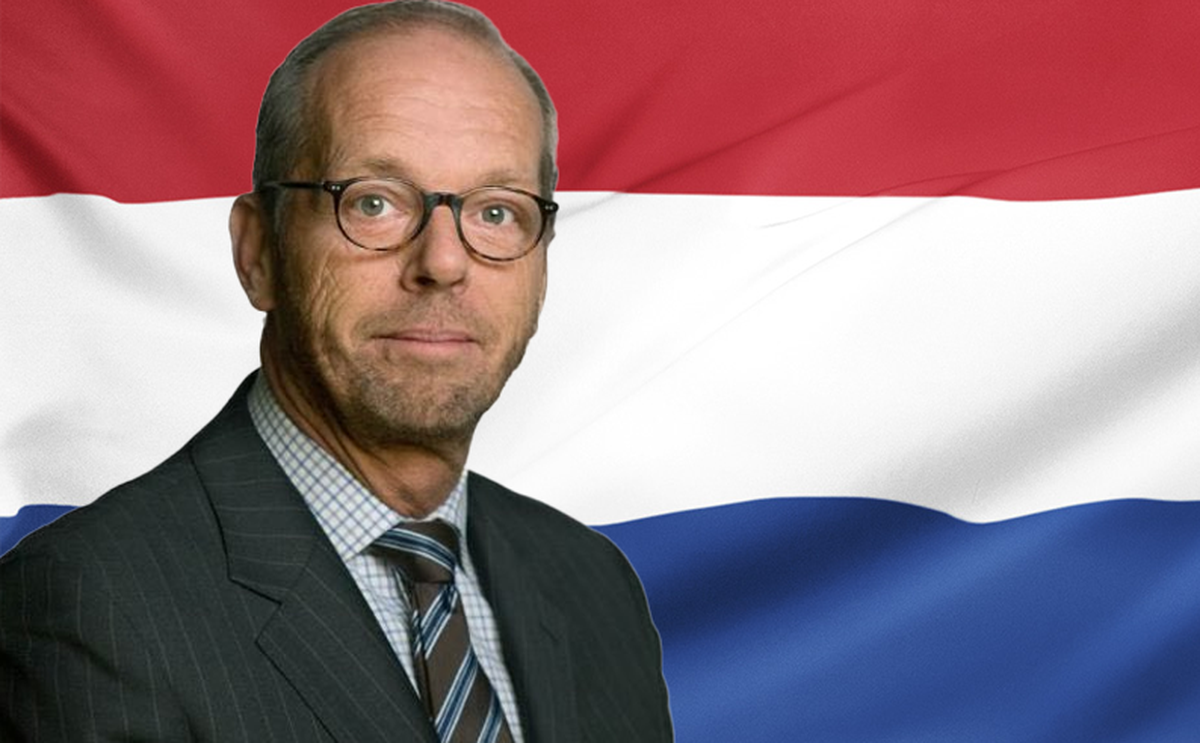06/08/2025
06/08/2025

Throughout his tenure, Westhoff worked towards strengthening the longstanding ties between the Netherlands and Kuwait. “Over the past five years, I have sought to strengthen the relationship between our two countries, which dates back more than 60 years. In 2024, we celebrated the 60th anniversary of diplomatic relations between the Netherlands and Kuwait,” he added. He pointed out the emergence of new areas of bilateral cooperation, particularly in the energy transition sector. “We launched an important initiative on transitioning from oil dependency to alternative energy sources, such as solar and hydrogen. This is in collaboration with Kuwait University, Kuwait Foundation for the Advancement of Sciences (KFAS), and Kuwait Institute for Scientific Research (KISR), along with Dutch experts,” he disclosed.
He also expounded on the shared geopolitical realities of the two nations. “Both the Netherlands and Kuwait are relatively small countries surrounded by larger neighbors — by Britain, Germany, and France; you by Iraq, Saudi Arabia and Iran. This compels us to rely on dialogue, diplomacy and mutual understanding to ensure stability and cooperation,” he stated. He confirmed that trade relations between the two countries have remained robust. He said “in 2024, Dutch exports to Kuwait reached approximately €845 million, while imports – primarily crude oil – totaled around €1.6 billion through the Port of Rotterdam. This brings the overall volume of bilateral trade to roughly €2.4 billion.
The Netherlands also holds a leading position among European countries in terms of direct investments in Kuwait. Dutch investments amount to KD488 million; mostly channeled through companies and investment funds in various sectors like oil, airport infrastructure, information technology, energy, and agriculture.” He praised the growing appreciation among Kuwaitis for the Netherlands as a travel destination. “Around 14,000 Kuwaiti tourists visit the Netherlands annually. This year, the number reached 7,000 by mid-year alone. Despite our not-so-ideal weather, Kuwaitis seem to enjoy the cold and rain,” he said. He also highlighted the appeal of the Netherlands’ compact size, cultural offerings, and ease of travel. “Although our country is only twice the size of Kuwait, it offers a unique tourism experience— with world-class museums and artworks by Van Gogh, Rembrandt and Vermeer—all within short distances,” he elaborated.
On education, Westhoff acknowledged the room for growth. He stated that the number of Kuwaiti students in the Netherlands is modest compared to countries like Canada, due to language and education system differences. “Nevertheless, we are working hard to develop this aspect. Every Kuwaiti who studies in the Netherlands becomes a cultural ambassador for our bilateral relations,” he asserted. On defense ties, he revealed that training programs for the Kuwaiti naval forces occasionally take place in the Netherlands. There have also been high-level reciprocal visits, including a visit by Undersecretary of the Kuwaiti Ministry of Defense Sheikh Abdullah Al-Sabah two years ago. He added that the Dutch Foreign Minister is scheduled to meet with his Kuwaiti counterpart this October. On air travel between the two nations, Westhoff commented on KLM’s service suspension. He explained that “KLM’s decision was not related to Kuwait, but rather due to operational challenges at Schiphol Airport.
Meanwhile, Kuwait Airways continues to operate three weekly flights to Amsterdam, maintaining strong connectivity.” He also clarified the current visa processing issues. He said the recent changes in visa appointment procedures were introduced by VFS, not the embassy, indicating these adjustments aim to curb the selling of appointments by intermediaries and to ensure transparency. He then revealed that his successor, Veeresh Ramsukh, will assume duties in early September. “He is a seasoned diplomat of Indian origin, born in Suriname and raised in the Netherlands. Like me, he does not speak Arabic, but that has not been a barrier; as Kuwaitis are proficient in English,” he asserted. In his closing remarks, Westhoff expressed heartfelt appreciation for Kuwait and its people. “I will miss Kuwait deeply. This experience has enriched my life, and I hope I have contributed to strengthening the ties between our two countries. The Diwaniya is a wonderful idea—welcoming people spontaneously and without formality. My wife and I are even considering starting a similar tradition in our hometown in eastern Holland: opening our home at specific times to friends and neighbors, with coffee and food, just like in Kuwait.”
Al-Seyassah/Arab Times Staff


